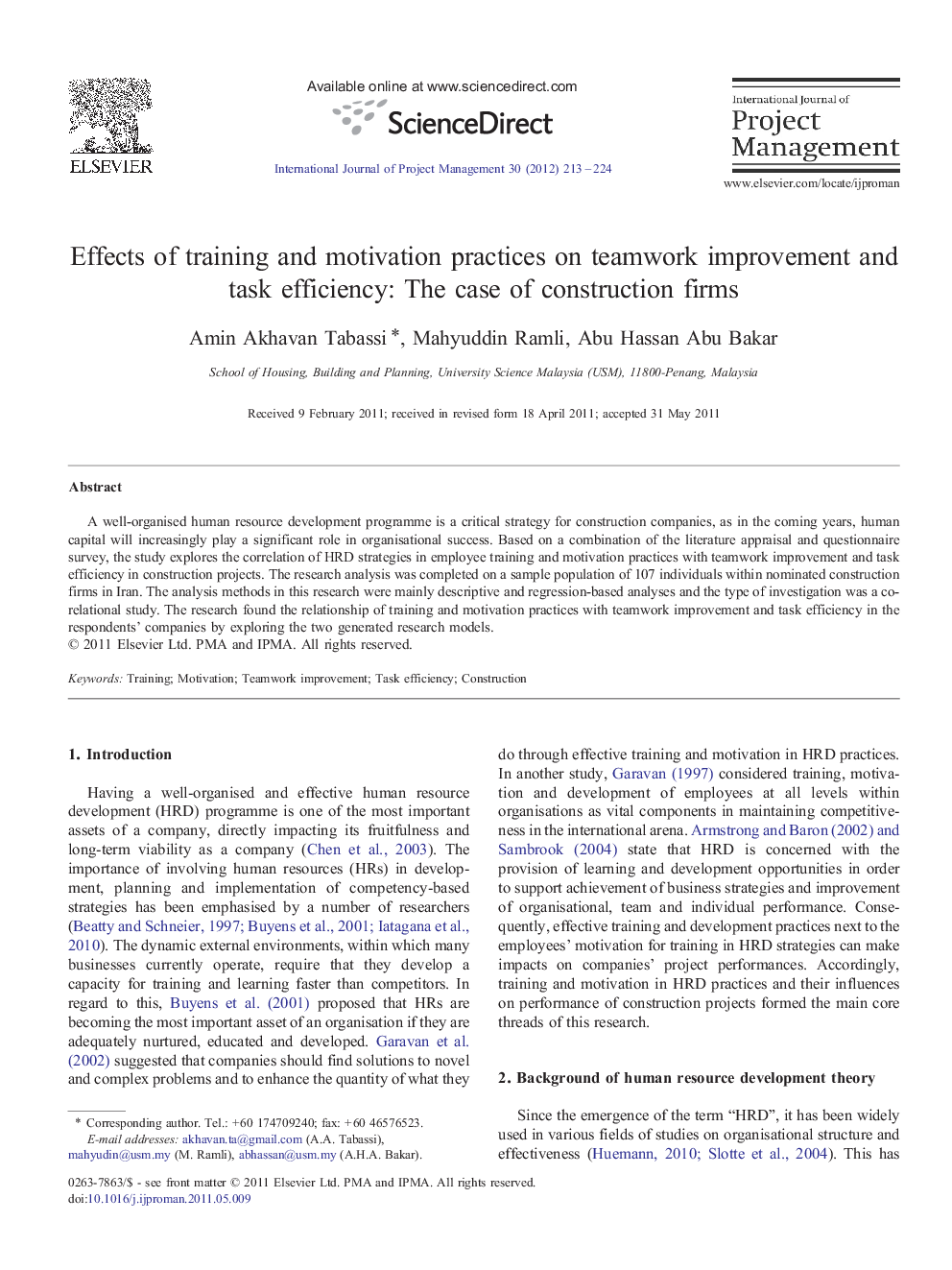| Article ID | Journal | Published Year | Pages | File Type |
|---|---|---|---|---|
| 887982 | The Leadership Quarterly | 2012 | 13 Pages |
Abstract
We investigated the psychological and social consequences associated with individuals’ motivation to search for information about whether they have been indirectly harmed by members of their group. Consistent with a motivated social cognition perspective, group members who were either chronically (Study 1a) or temporally (Study 1b) high in the motivation to acquire relationship-threatening information (MARTI) made more sinister attributions in ambiguous situations and entertained more paranoid cognitions about their coworkers. Moreover, paranoid cognitions about coworkers mediated the relationship between MARTI and suspicion behaviors toward coworkers (Study 2). Consistent with a social interactionist perspective, others chose to exclude prospective group members who were high in MARTI from joining the group and planned to reject them if they became group members (Study 3). Others’ social rejection of the focal group member was predicted by their anger toward group members who were high in MARTI (Study 4).
Keywords
Related Topics
Social Sciences and Humanities
Business, Management and Accounting
Business and International Management
Authors
Christian N. Thoroughgood, Art Padilla, Samuel T. Hunter, Brian W. Tate,
